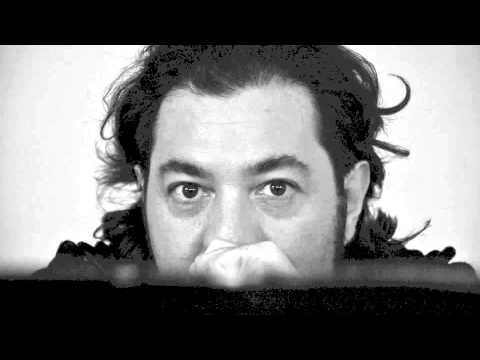Stefano Taglietti‘s course program (from 30 July to 5 August) includes:
Collective lessons including listening and analysis of historicized contemporary compositions, or of recent importance;
Chamber instrumentation, vocal writing and orchestration problems with larger staff;
Notes on the problems of arrangement (intended as an exercise in transformation and compositional “filter” of materials of even very varied derivation) and transcription as an element of continuity or recontextualization of ancient and modern repertoires;
The works will initially be produced in paper material and subsequently with video writing programs such as Finale or Sibelius.
The masterclass also includes:
collective presentation and discussion of students’ works;
individual meetings with the teacher;
collective meetings with guest musicians;
composition, with the supervision of the teacher, of a piece for ensemble (but also starting from one or more instruments) to be performed at the end of course concert.
progress
The masterclass provides 6/8 hours a day, divided between collective and single.
In the event that the number of students is less than the minimum established for the activation of the course, the organization reserves the right to reduce the days of attendance. However, the integrity of the masterclass and the overall working time with the students will be guaranteed.
Admissions
There are no skill levels, but a single study path. There will be no hearings, but a selection based on the sending of a motivation letter with attached compositions and listening through files or links with a curriculum attached.
Targets:
The composition study path proposed for Assisi Suono Sacro is based on principles of interpenetration, filtering and processing of current musical languages, without excluding anything a priori.
On these principles it is based on a sort of “migration” of sounds and interpolations, even eclectic ones, also of a non-European nature.
It will not be a question here of following a school, in particular an academy, or a language that precludes others, but rather to follow a path close to contemporary art music, to detect, if possible, some so-called “necessary” components to establish an expressive sense, within a poetic area of sound functionality. The problem of music, therefore, was, and remains, a uniquely sound problem.
The enhancement of the musical qualities of each individual student will be the fundamental objective.
The pieces composed during the course will be performed in concert. Deadline for the delivery of the piece: August 3rd.

